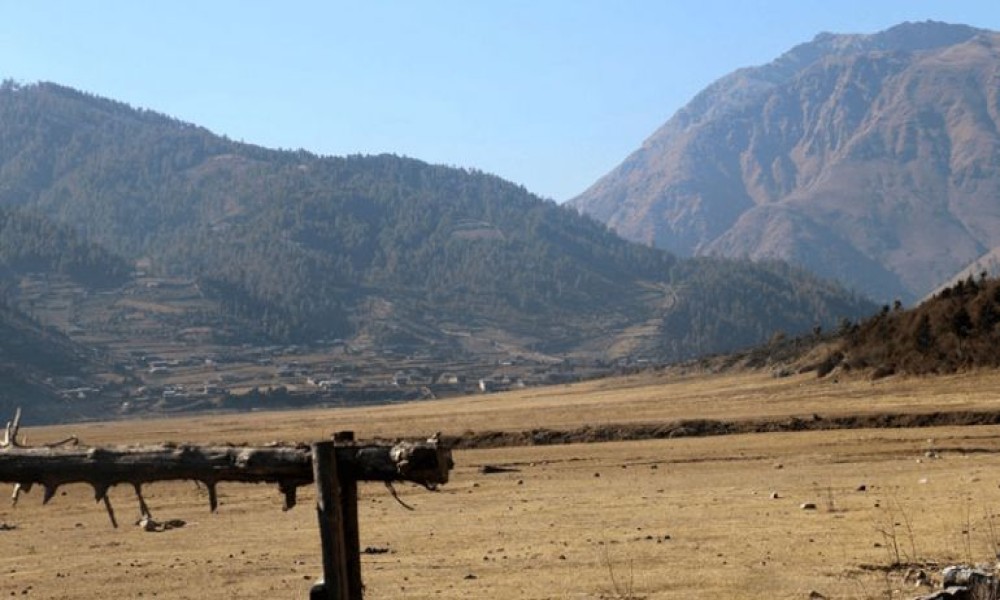At least two international conventions ratified by Nepal make it mandatory for the government to consult local indigenous people before deploying the army in their territory. Carrying out military activities without their prior consent would be an act of violation of these conventions, which work as legally-binding tools after once ratified by the state. But the Nepali state has violated the conventions it ratified, and the deployment of the army in the Dhorpatan Hunting Reserve in western Nepal is one more recent example of it.
The Article 30 (1) of the United Nations Declaration on the Rights of Indigenous Peoples (2007) says 'military activities shall not take place in the lands or territories of indigenous peoples, unless justified by a relevant public interest or otherwise freely agreed with or requested by the indigenous peoples concerned." The article 30 (2) of the same convention says that 'the states shall undertake effective consultations with the indigenous peoples concerned, through appropriate procedures and in particular through their representative institutions, prior to using their lands or territories for military activities."
The military activities shall not take place in the lands or territories of indigenous peoples, unless justified by a relevant public interest or otherwise freely agreed with or requested by the indigenous peoples concerned. But the Nepali state has violated the conventions it ratified, and the deployment of the army in the Dhorpatan Hunting Reserve in western Nepal is one more recent example of it.
The International Labor Organization (ILO) convention-169 also guarantees indigenous people's rights over local natural resources, and makes it mandatory for the state to consult them before implementing any project that could be detrimental to their livelihood, culture and existence.
But in Nepal, the local indigenous Magar community was not consulted when the government decided three years ago to deploy the army to protect the Dhorpatan from illegal poaching and land encroachment. The government's decision angered the Magars because they have been living around the Dhorpatan for ages, and deployment of the army would deprive them of their rights to local natural resources. They protested the government's decision, submitting memorandums to concerned government agencies, including the National Human Rights Commission (NHRC).
The Dhorpatan is Nepal's only hunting reserve where foreigners are allowed to hunt down not-so-endangered wild animals by paying taxes to the state. So it generates a lot of revenue, but the local community does not get a share of it. The locals have also demanded that a share of the revenue generated by the Dhorpatan should be spent for the welfare of the local community.
But the government was not bothered, and the decision was implemented recently. The army has now set up check posts in and around the Dhorpatan reserve, restricting the movement of the local indigenous people. Surendra Magar, coordinator of a committee formed by the locals to protests the decision, says: "Unless the army is recalled from Dhorpatan, we will not end our agitation."
Spread in an area of 1,325 square kilometers covering parts of Baglung, Rukum and Myagdi districts, the Dhorpatan is Nepal's only hunting reserve where foreigners are allowed to hunt down not-so-endangered wild animals by paying taxes to the state. So it generates a lot of revenue, but the local community does not get a share of it. The locals have also demanded that a share of the revenue generated by the Dhorpatan should be spent for the welfare of the local community.









